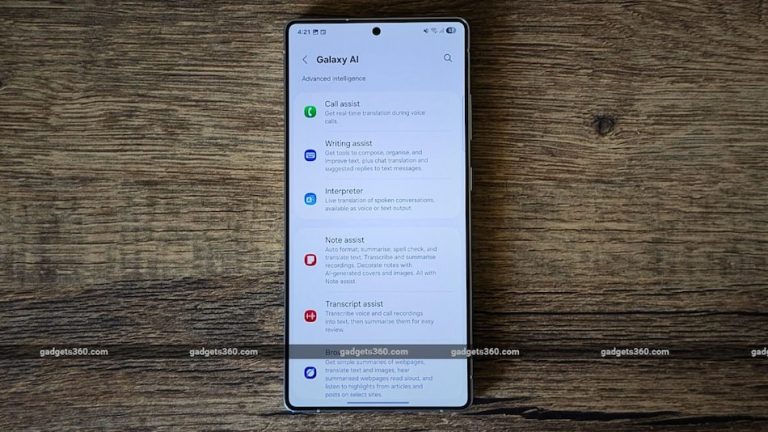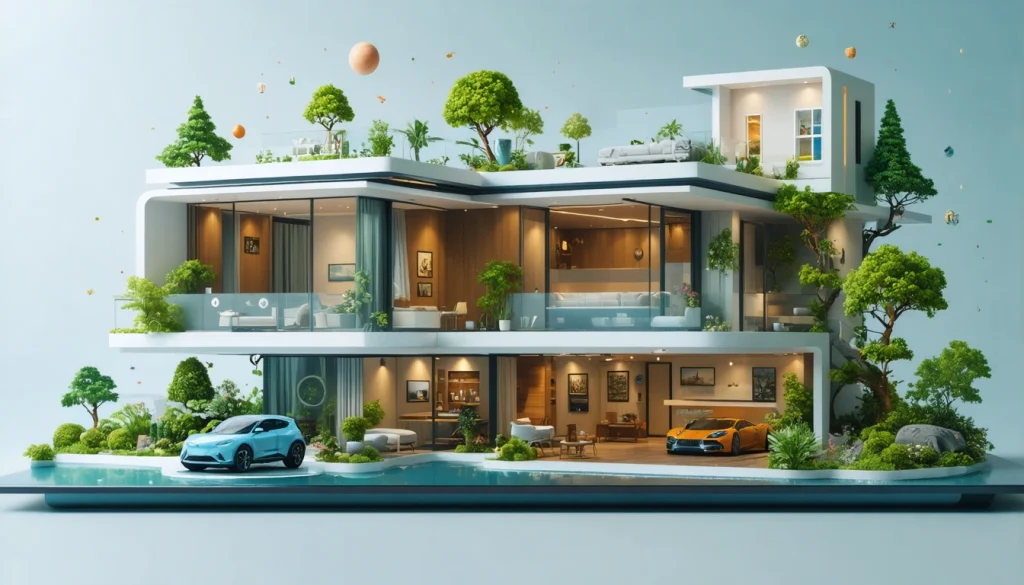
The Future of Smart Homes
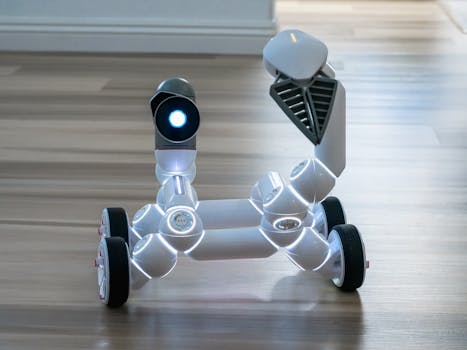
As we approach 2025, the concept of smart homes is evolving rapidly. With advancements in artificial intelligence (AI), homes are becoming more than just living spaces; they are transforming into intelligent environments that respond to our needs and preferences. This article delves into the rise of AI-driven devices in smart homes and what we can expect in the near future.
Enhanced Convenience and Automation

One of the most significant benefits of AI-driven smart homes is the enhanced convenience they offer. Devices such as smart thermostats, lights, and appliances can learn from our habits and adjust settings automatically. For instance, a smart thermostat can learn your schedule and optimize heating and cooling, ensuring comfort while saving on energy costs.
Automation is set to reach new heights by 2025. With voice-activated assistants like Amazon’s Alexa and Google Assistant, homeowners can control various aspects of their home environment simply by speaking. This integration allows for seamless operation of everything from security systems to entertainment centers, creating a more user-friendly experience.
Improved Security Features
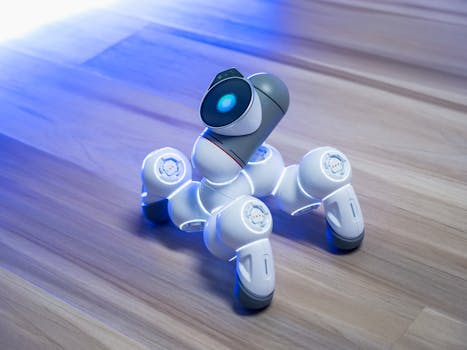
Security is a paramount concern for homeowners, and AI-driven devices are stepping up to address this issue. By 2025, we can expect smarter security systems equipped with facial recognition, motion detection, and real-time alerts. These systems will not only monitor for intrusions but also learn from patterns to reduce false alarms. AI can analyze video feeds and alert homeowners to unusual activity, providing peace of mind whether they are at home or away.
Energy Efficiency and Sustainability
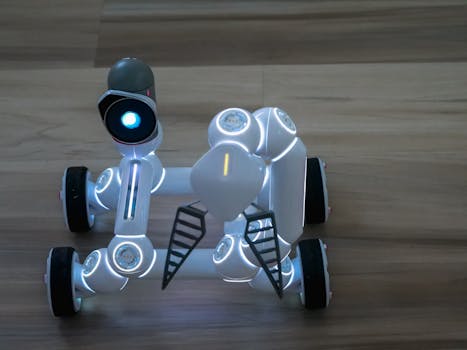
As the world becomes more environmentally conscious, smart homes are leading the charge in energy efficiency. AI-driven devices can optimize energy consumption by analyzing usage patterns and making real-time adjustments. For example, smart lighting systems can adjust brightness based on natural light availability, while smart appliances can run during off-peak hours to save on energy bills.
By 2025, we can expect a significant increase in the number of homes utilizing renewable energy sources, such as solar panels, integrated with smart technology to manage energy flow efficiently. Homeowners will have greater control over their energy consumption, contributing to a more sustainable future.
Conclusion
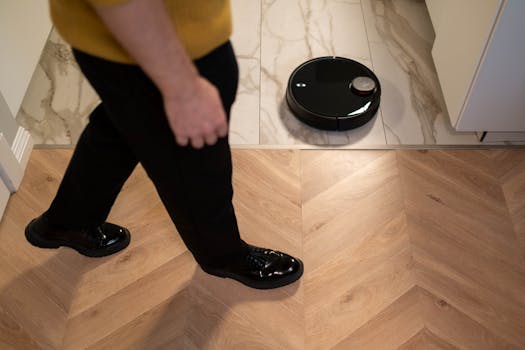
In conclusion, the rise of AI-driven devices is revolutionizing the concept of smart homes by 2025. With enhanced convenience, improved security features, and a focus on energy efficiency, these innovations are set to redefine how we interact with our living spaces. As technology continues to advance, the possibilities for smart homes are limitless, making them an exciting prospect for the near future.
